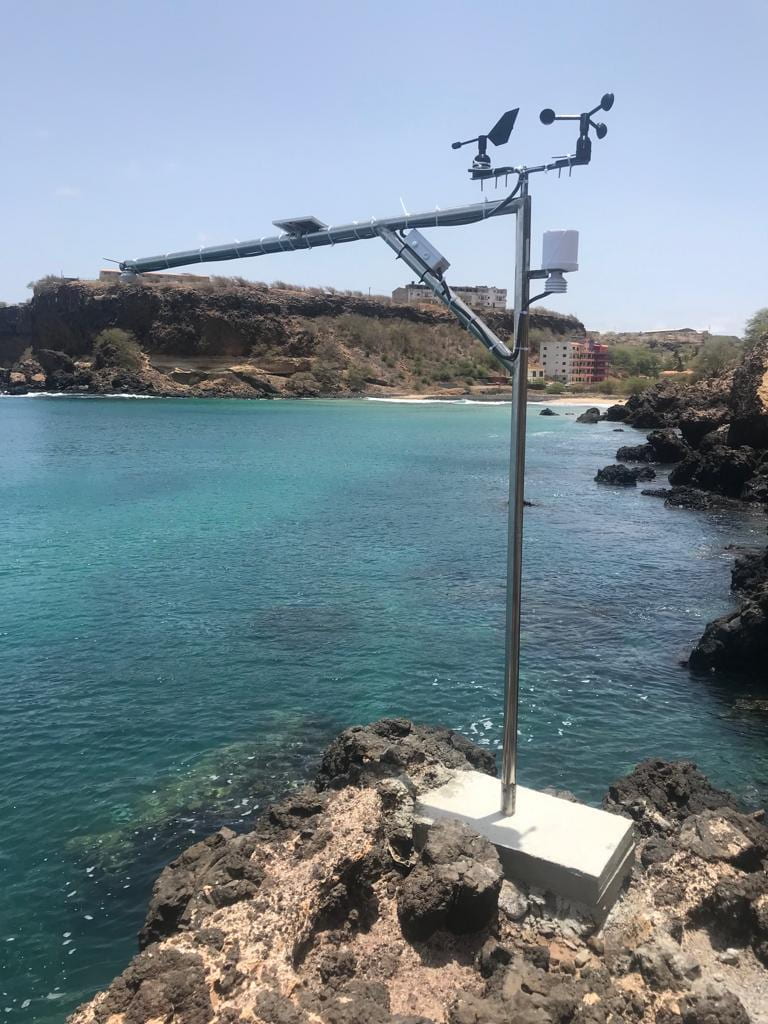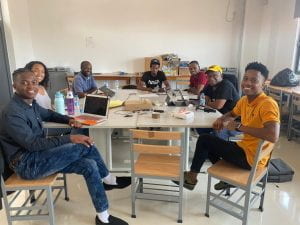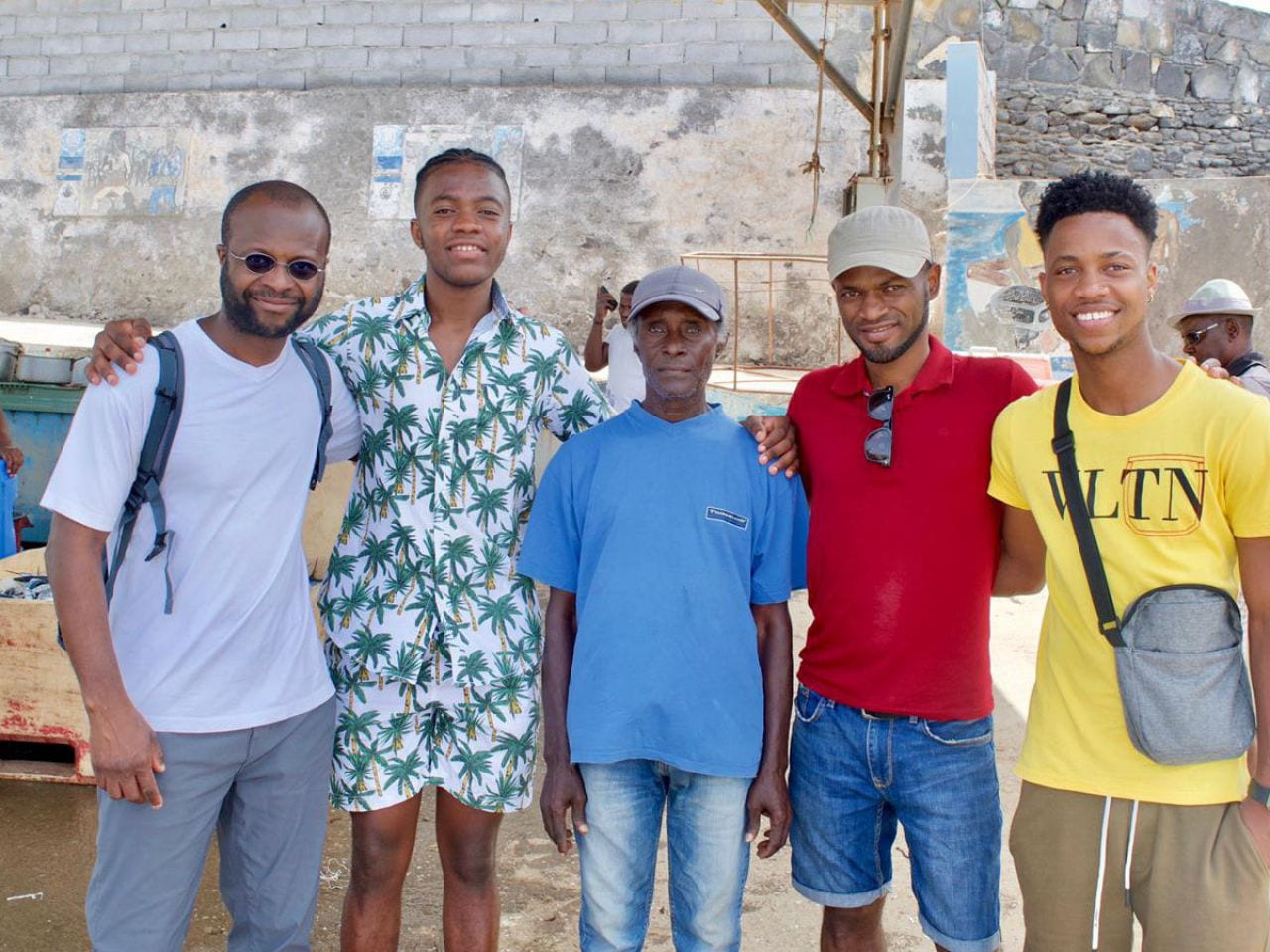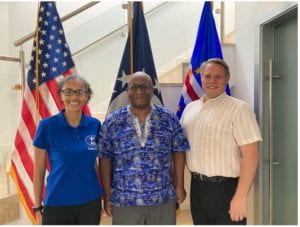UniCV and PSU Collaborate on ELEVAR2030 Project to Safeguard Fishermen Using Low-Cost Measurements



The University of Cabo Verde (UniCV) and Pennsylvania State University (PSU) have joined forces in a partnership funded by the US-Cape Verde University Partnerships Initiative (USCVUP), supported by the Department of State and the US embassy in Praia. Since 2021, a dedicated team of faculty and students from both institutions has been working together on the ELEVAR2030 project. The project aims to design, build, and test coastal weather stations, with a particular focus on supporting the fishing community.
Following extensive testing at UniCV earlier in 2022, the prototype weather station successfully became operational on March 25, 2022. Professor Gregory Jenkins, leading the project from PSU, highlighted the vulnerability of the coastlines and the importance of protecting fishermen and their communities, especially after the impact of Hurricane Fred on the Island of Cabo Verde.
UniCV project lead, Professor and Vice Rector Sandra Freire, emphasized the project’s contribution to achieving the UN’s 2030 sustainable goals, such as innovation, life below water, and poverty reduction. By ensuring the safety of fishermen and their ability to sustain their families while providing vital protein for the people of Cabo Verde, the project also addresses climate action on a warming planet affected by climate change. Engaging students in the project is of great significance as they not only apply their classroom skills but also actively engage with the fishing community.
Professor Mateus Andrade expressed his pride in the students’ diligent efforts in designing the weather stations, sensors, and communication and power systems. He looks forward to future projects that provide similar opportunities for student involvement.

PSU students and professors joined the UniCV ELEVAR2030 team for two weeks leading up to the demonstration of the first prototype in the fishing area of Portinho, Praia, Santiago, Cabo Verde. On May 25, 2022, a half-day program showcased the project milestones, including presentations to the US ambassador, university leaders, faculty, and students. The event concluded with a visit to the first deployed weather station in Portinho. The project’s future plans involve deploying 25 weather stations across the Cabo Verde islands.
The Penn State team comprises Professor Gregory Jenkins, Professor Mare Sarr, Aara’L Yarber (PhD candidate of Meteorology and Atmospheric Sciences), and Miguel Maquina (Undergraduate student of Petroleum and Natural Gas Engineering). Their collaboration with UniCV on the ELEVAR2030 project signifies their dedication to safeguarding fishermen’s livelihoods through the use of affordable and effective measurements.
With ongoing advancements in weather station deployment and the commitment of the UniCV and PSU teams, the ELEVAR2030 project aims to make a lasting impact in supporting the fishing community and contributing to sustainable development in Cabo Verde.